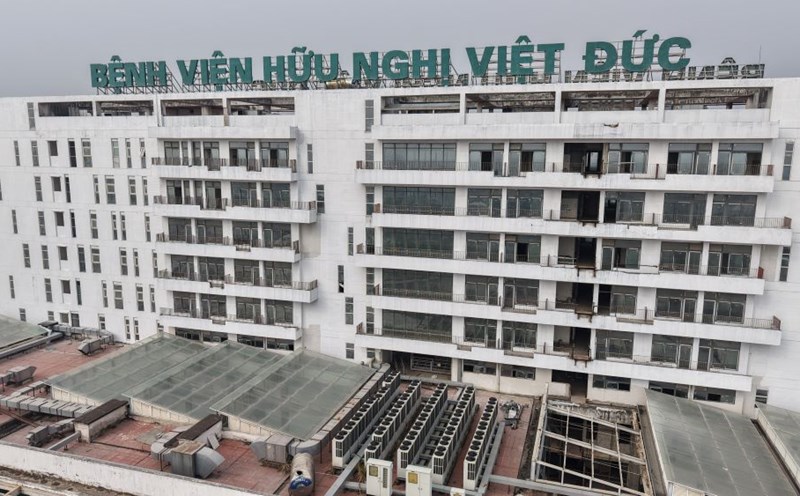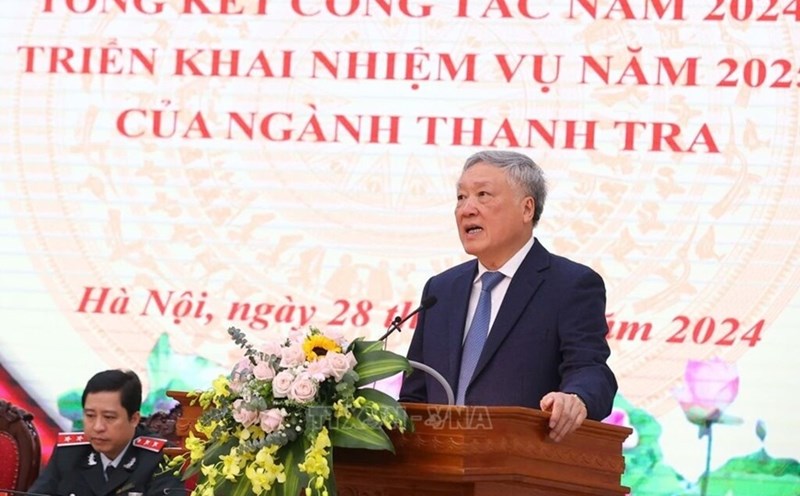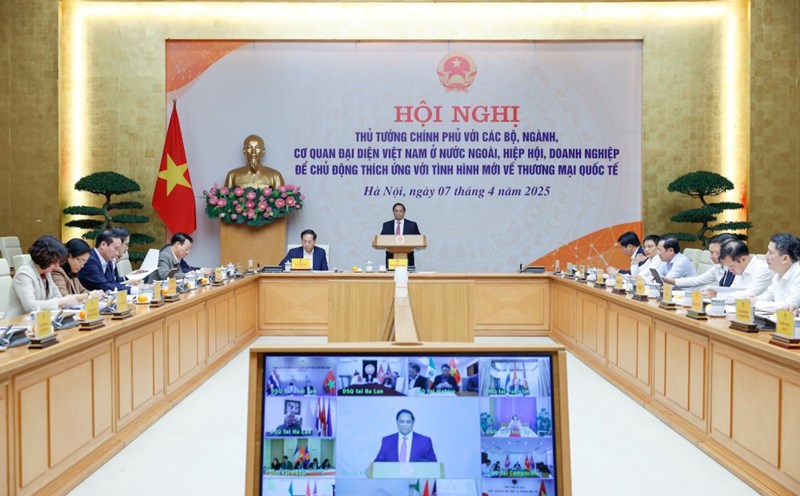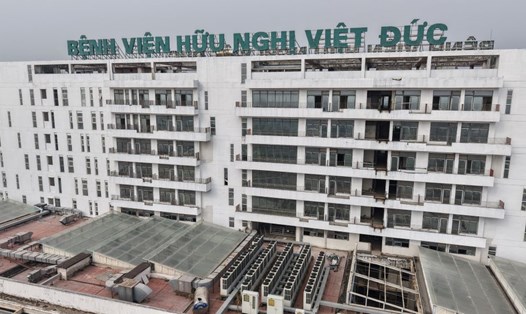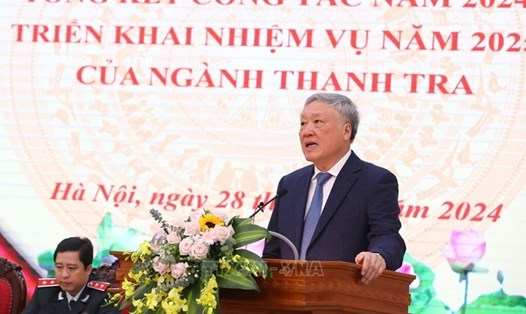From February 3, Circular No. 08/2024/TT-TTCP of the Government Inspectorate guiding the implementation of regulations on procedures for conducting an official inspection takes effect.
The Circular consists of 4 chapters, 27 articles, 51 document templates and takes effect from February 3, 2025, replacing Circular No. 06/2021/TT-TTCP dated October 1, 2021 of the Government Inspectorate regulating the organization and operation of the Inspection Team and the order and procedures for conducting an inspection.
One of the highlights of Circular No. 08/2024 is the specific regulation of document templates in inspection activities. Circular No. 08/2024 also clearly states each step in the inspection process, from collecting information to prepare for inspection, issuing inspection decisions, developing inspection plans, to announcing decisions and implementing them...
Notably, Circular 08/2024 devotes 1 article detailing 8 violations that will be handled by inspectors.
Depending on the nature and severity of the violation, the inspector must be disciplined or prosecuted for criminal liability. In case of causing damage, compensation must be paid according to the provisions of law when committing one of the following acts:
Firstly, taking advantage of one's position and power to commit illegal acts, harass, cause difficulties and troubles for the inspected subjects; abusing power during the inspection process.
Second, the inspection is not within the authority, not in accordance with the content of the inspection decision, and the approved inspection plan.
Third, intentionally not making an inspection decision when discovering signs of law violations that require inspections to be conducted according to law; covering up for the inspected subject; intentionally drawing false conclusions; drawing conclusions, decisions, and handling cases contrary to the law; not recommending prosecution and transferring case files with signs of crime discovered through inspection to the investigation agency for consideration and decision on the initiation of criminal proceedings according to law.
Fourth, accepting bribes and brokering bribes in inspection activities.
Fifth, disclosing information and documents related to the inspection when the inspection conclusion has not been made public.
Sixth, illegally interfering in inspection activities; distorting inspection results, conclusions, and recommendations.
Seventh, not reporting discovered violations of law; reporting and concluding inconsistently with the nature and extent of the violations;
Eighth, falsifying inspection records; forging, modifying, destroying documents and evidence to draw false conclusions and reports; appropriating inspection records.
If the person making the inspection decision commits a violation of the law during the inspection activities, the Head of the inspection agency shall preside over the review, clarify responsibilities and recommend disciplinary action according to the provisions of law.
In case the person making the inspection decision is also the Head of the inspection agency, the Head of the state management agency at the same level shall preside over the review, clarify responsibilities and consider and handle disciplinary action according to the provisions of law.
If the head of the inspection team commits a violation of the law during the inspection, the person who issued the inspection decision shall preside over the review, clarify responsibilities, and decide on handling or recommend disciplinary action according to the provisions of law.
If a member of the Inspection Team commits a violation of the law during the inspection, the Head of the Inspection Team shall preside over the review, clarify responsibilities and recommend disciplinary action in accordance with the provisions of law.
The head of the inspection team must report in writing to the person who made the inspection decision for consideration, decision on handling or recommendation for disciplinary action according to the provisions of law.


